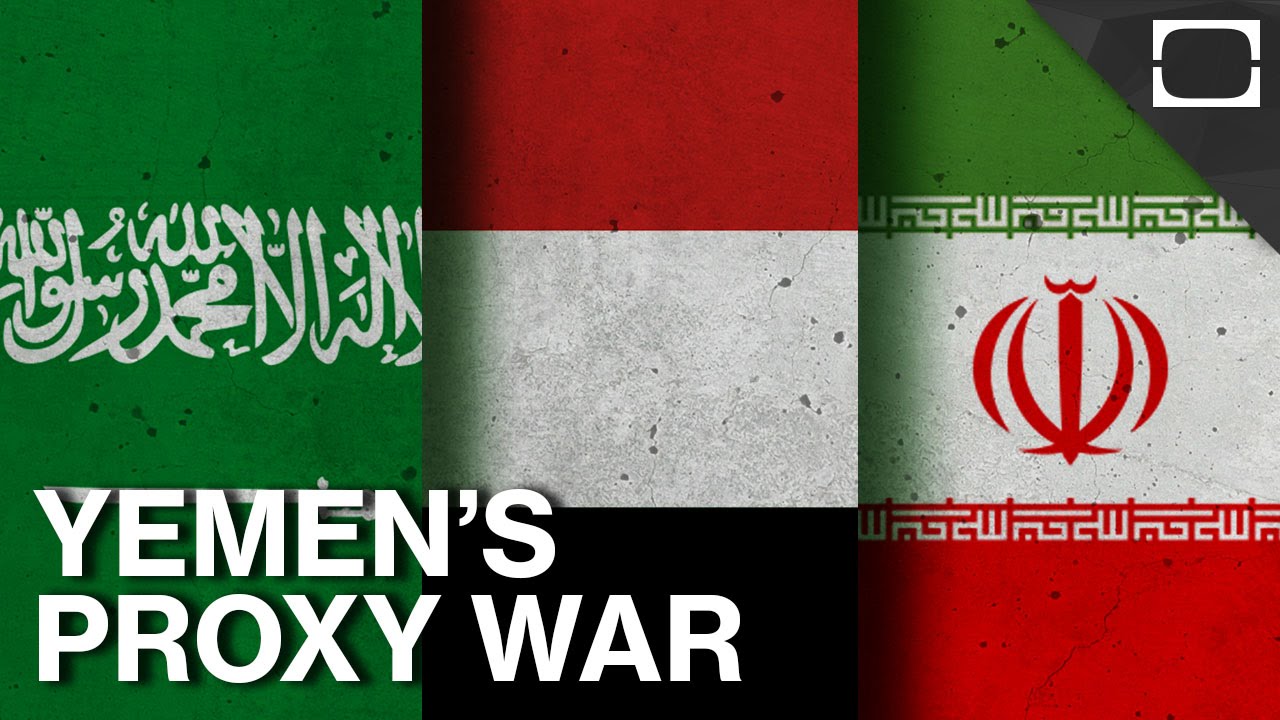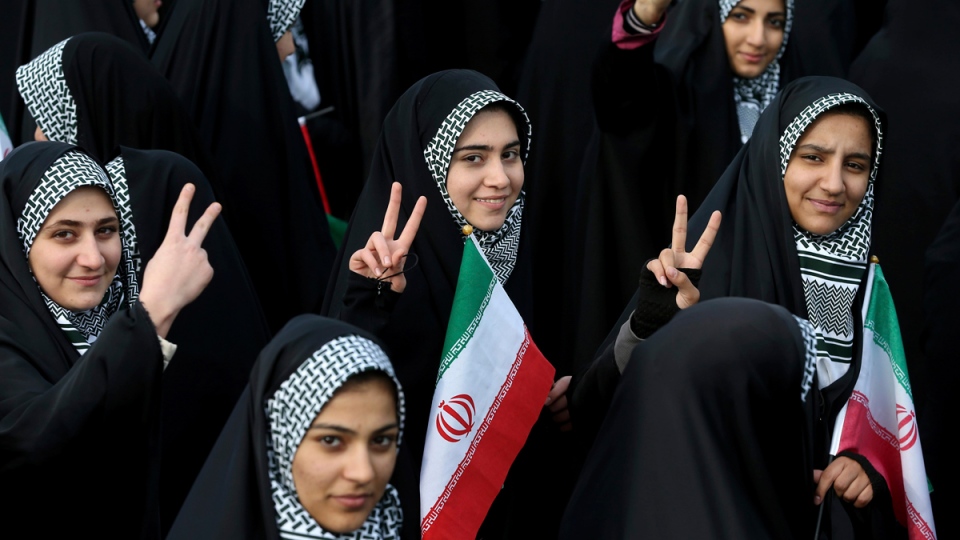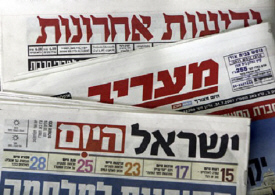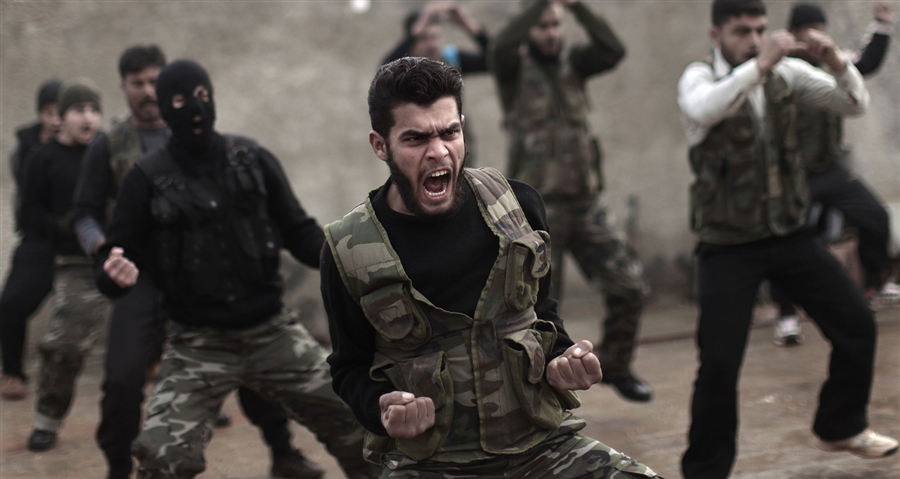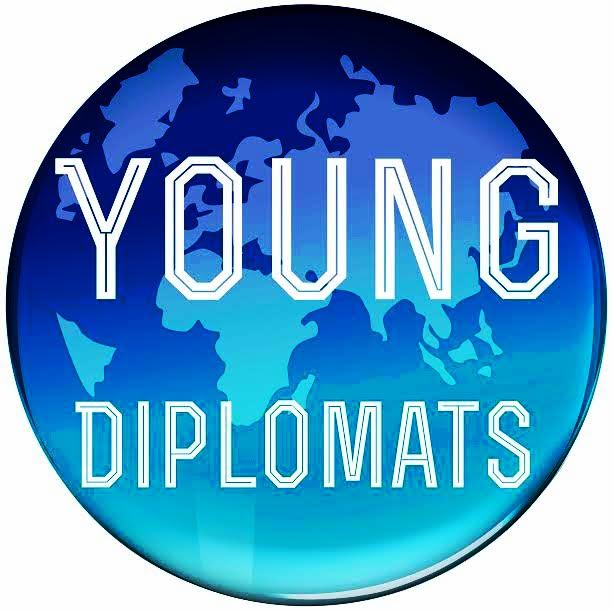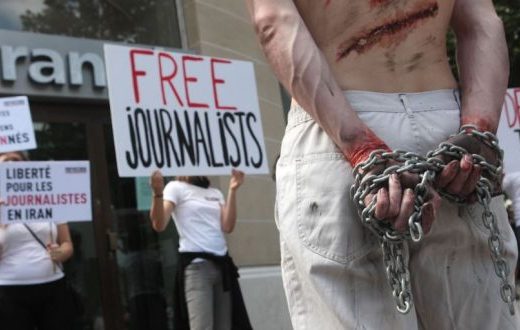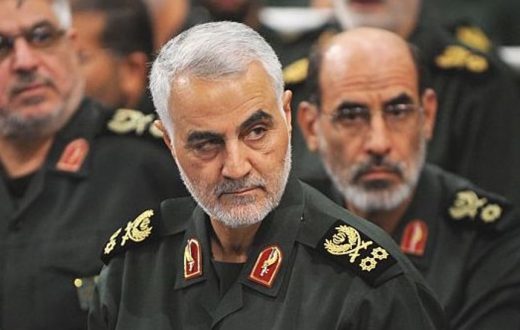The diplomatic crisis that erupted over the weekend between Saudi-Iranians is certainly noisy, but it is merely the manifestation of a deepening geopolitical rift in the region. With the United States attempting to balance the region and Iran being able to shed its pariah status as part of that effort, friction between the region’s prominent Sunni and Shiite players was already escalating and the Saudi-Iranian rivalry is a symbol of this power struggle.
Analysis
The controversy over Shiite cleric Nimr al-Nimr had been simmering for years. He was arrested in July 2012 for inciting Shiite activists in Saudi Arabia’s oil-rich and heavily Shiite Eastern Province. The embers of the Arab Spring were still burning, and Saudi Arabia had already militarily intervened in its tiny Shiite-majority neighbor, Bahrain, to reinforce Sunni rule on the Arabian Peninsula. Riyadh was not about to take any chances with charismatic religious leaders such as al-Nimr, who could create more serious trouble for the House of Saud within the kingdom.
Still, wary of instigating further Shiite unrest, Riyadh took its time with al-Nimr’s sentence. Authorities sentenced him to death in October 2014. The Saudi Supreme Court upheld the death sentence a year later, leaving it up to Saudi King Salman to give the final word on the timing of the execution. In hopes of diluting attention on al-Nimr, Saudi Arabia decided that he would be executed with 46 other convicts, most of whom were Sunnis accused of having ties to al Qaeda. According to the sentence, the Saudi government would not have to give prior notice of the execution. Nonetheless, it did not take long for Shiite activists to express their outrage at the Jan. 2 execution, and there are numerous indications that the Iranian government enabled the attack on the Saudi Embassy in Tehran in the wake of the execution.
Saudi Arabia would not have gone forward with the execution if it did not feel confident that it could manage the backlash — particularly in the Eastern Province, which is vital to the Saudi oil industry. Still, Saudi security concerns are already on the rise, and local jihadists trying to create greater sectarian conflict in the kingdom could exploit the unrest following the execution. Though Saudi security forces have been able to tamp down on low-level attacks by Shiite activists, a more worrying concern has been the growing number of jihadist suicide attacks taking place not only in the Sunni parts of the country but also in Shiite-populated areas. Suicide bombings targeting Shiite mosques are designed to goad Shiites into retaliating, creating an even larger security problem for Saudi leaders — particularly Crown Prince Mohammed bin Nayef, who has long led Saudi Arabia’s counterterrorism efforts as interior minister. Jihadist exploitation of the al-Nimr execution would likely involve attacks on soft sectarian targets and security forces, given the difficulty in targeting and disrupting Saudi oil infrastructure with such attacks.
The execution of al-Nimr will also complicate already difficult negotiations over a political transition in Syria. Saudi Arabia and Iran agreed to sit at the same table when foreign ministers met in December to negotiate over Syria, but the two sides fundamentally disagree over which groups should be party to a post-al Assad political solution — assuming all parties can meet the enormous challenge of creating the necessary conditions on the battlefield to attempt a political transition in Damascus. The proxy battle in Syria between Iran and Saudi Arabia extends to Lebanon, where an agonizingly long-awaited compromise on the presidency is contingent on an understanding between Tehran and Riyadh.
Saudi Arabia is currently at the helm of the Sunni front challenging Iran, but it is not the only Sunni power experiencing tension with Tehran. As Turkey grows more assertive in the region, Iraqi Kurdistan and Syria will be critical arenas for competition between the old adversaries. Saudi Arabia’s severing of diplomatic relations with Tehran is also an important litmus test for the Sunni regional coalition that Riyadh has painstakingly tried to assemble over the past couple of years. So far, the countries that have followed Riyadh’s lead in protesting Iran are Bahrain, the United Arab Emirates and Sudan. Bahrain, sitting tight in the Saudi camp, had already recalled its ambassador from Iran and expelled the Iranian charge d’affaires in October following the discovery of a weapons cache allegedly tied to Iran. The United Arab Emirates, which has been in close military coordination with Saudi Arabia in Yemen, Libya and Syria, downgraded its diplomatic ties with Iran by recalling its ambassador and ordered a reduction in the number of Iranian diplomats stationed in the Emirates. Sudan, which has seen its alliance with Riyadh strengthen and distance from Iran grow in recent years thanks to Saudi financial assistance, expelled the Iranian ambassador. Kuwait, aware of its own Shiite minority, condemned Iran after the attack on the Saudi Embassy but stopped short of cutting relations.
Egypt also chose to be more cautious, condemning Iran and avoiding any mention of Mohamed Fathi Abdel-Ati, an Egyptian national who was one of the Sunnis executed in the same group as al-Nimr. Saudi Arabia has been trying to foster a tighter relationship with Cairo to underpin its Arab coalition and will be signing loans and grants worth $3 billion for Egypt on Jan. 5 to make clear the priority Saudi Arabia is giving the relationship. Egypt will gladly accept the financial support, but Cairo can be expected to maintain a much more balanced approach when it comes to contentious sectarian disputes in the region.
The al-Nimr execution is one piece of a much larger and intensifying geopolitical competition in the region. Plenty of other events could trigger a similar reaction, including the pending death sentences of al-Nimr’s nephew, Ali al-Nimr, and other Shiite activists. Saudi Arabia will be careful to defend its oil installations while dealing with fresh bouts of Shiite unrest and potential jihadist attacks. While coping with these security distractions at home, Saudi Arabia will look abroad for allies in its time of need. The response will be mixed from its Sunni neighbors, depending on how much they rely on Saudi security and financial assistance. The United States and others in the West will meanwhile do their best to keep their distance from the proxy battles that are part and parcel of the changing regional balance of power between Iran and its Sunni adversaries.

